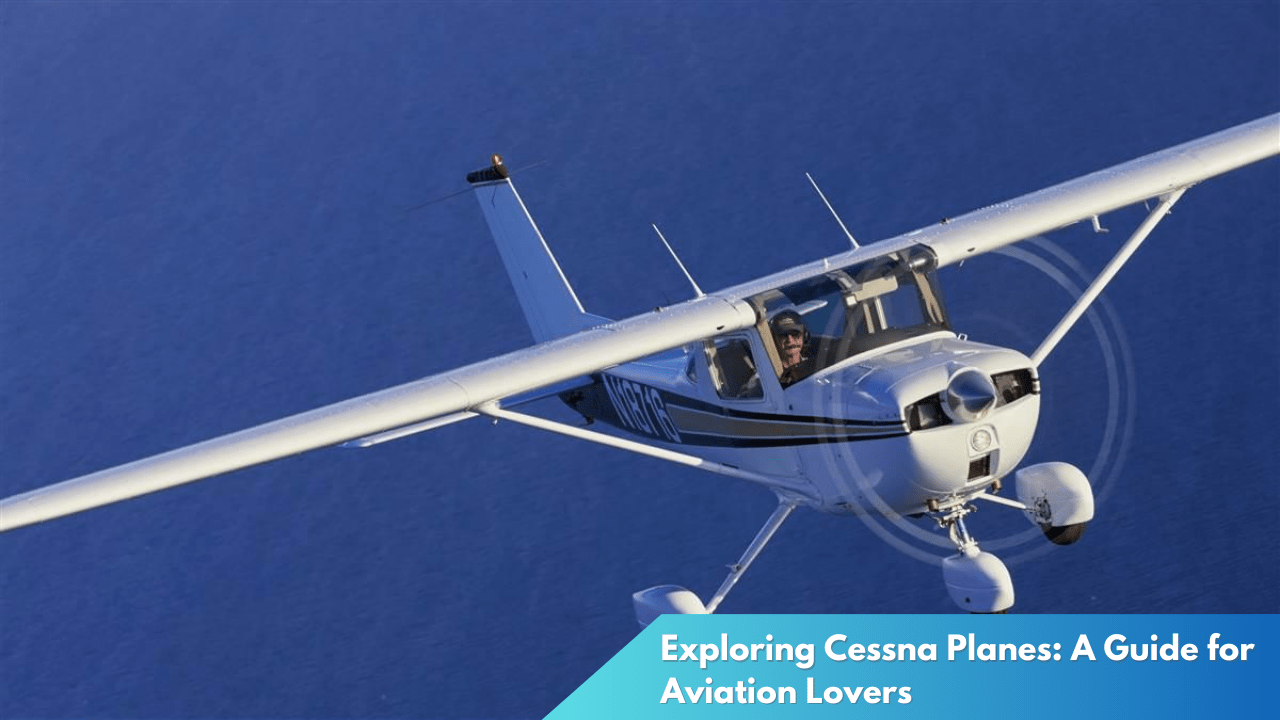Exploring the Costs of Owning a Single Engine Cessna
Owning a single-engine Cessna is a dream for many aviation enthusiasts, promising the thrill of flight and the freedom to travel at one’s own pace. However, this dream comes with a price tag that requires careful consideration. From purchasing the aircraft itself to managing ongoing operational costs, potential owners must be well-versed in the financial commitments they are undertaking. This article will delve into the multifaceted costs associated with owning a single-engine Cessna, providing a comprehensive breakdown of the various expenses and fees involved.
Delving into Single Engine Cessna Ownership Costs

Purchasing a single-engine Cessna is the first major financial hurdle for aspiring private pilots. The costs of these aircraft can vary significantly depending on the model, age, and condition. Generally, prices range from $30,000 for older, used models to upwards of $500,000 for newer, well-equipped planes. In addition to the purchase price, buyers should also budget for additional expenses such as sales tax, registration fees, and any necessary inspections or appraisals. These upfront costs can quickly add up, making it essential for buyers to thoroughly research and budget before making a purchase.
Beyond the initial acquisition, annual operational expenses are a significant aspect of Cessna ownership. One of the most substantial recurring costs is insurance, which can range from $1,200 to $5,000 per year, depending on the pilot’s experience and the type of coverage selected. Maintenance is another critical expense, with routine inspections and repairs averaging around $1,000 to $2,000 annually. However, unforeseen repairs can lead to additional costs, emphasizing the importance of having a financial buffer for unexpected maintenance needs.
Fuel costs are a continuous expense for Cessna owners, with the aircraft typically consuming 8 to 10 gallons per hour of flight time. Given the fluctuating prices of aviation fuel, this can translate to around $50 to $70 per hour. Additionally, hangar or tie-down fees contribute to the ongoing expenses. Hangar rental can range from $200 to $500 a month, depending on the location and facility, while tie-down fees are generally less expensive. Therefore, these operational costs collectively require thorough financial planning to ensure sustainable aircraft ownership.
A Comprehensive Breakdown of Expenses and Fees

When considering the total cost of owning a single-engine Cessna, potential buyers must also account for the expenses related to obtaining and maintaining a pilot’s license. Flight training can cost between $5,000 and $15,000, depending on the complexity of the training and the pilot’s learning curve. Furthermore, ongoing education and certifications, such as instrument ratings or biennial flight reviews, add to these expenses. These costs are essential investments in safety and proficiency that enhance the overall ownership experience.
Depreciation is another financial factor that affects Cessna ownership. While aircraft generally depreciate more slowly than automobiles, single-engine planes do lose value over time. Factors such as the aircraft’s age, the hours flown, and its maintenance history play significant roles in depreciation rates. Owners must be mindful of these depreciation variables, particularly if they plan to sell or upgrade their aircraft in the future. Understanding how the aircraft retains value can help owners make informed decisions about modifications, renovations, and ongoing maintenance.
Finally, the costs associated with owning a single-engine Cessna also include membership fees for aviation organizations and clubs, which can provide valuable resources and networking opportunities. These organizations often offer access to hangar space, discounted insurance rates, and flight planning tools. Additionally, memberships can provide a sense of community and support for both novice and experienced pilots. While often overlooked, these fees and the benefits they provide are important considerations for aircraft owners seeking to maximize their experience and investment.
Owning a single-engine Cessna is an exciting venture that offers unparalleled freedom and adventure to its owners. However, it is not a decision to be taken lightly, given the array of costs involved. From the initial purchase and operational expenses to ongoing education and the nuances of depreciation, prospective owners must be well-prepared financially. By understanding and planning for these costs, aviation enthusiasts can fully enjoy the benefits of Cessna ownership while maintaining financial sustainability. Whether driven by a passion for flight or the pursuit of aerial exploration, informed decision-making is key to a rewarding aviation experience.



